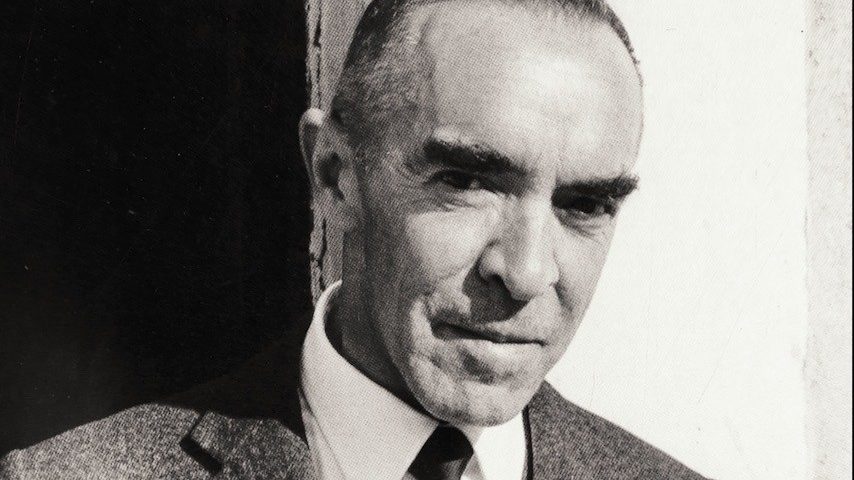John Keats listening to the Nightingale on Hampstead Heath c1845 by Joseph Severn.
(excerpt)
BOOK I
A thing of beauty is a joy for ever:
Its loveliness increases; it will never
Pass into nothingness; but still will keep
A bower quiet for us, and a sleep
Full of sweet dreams, and health, and quiet breathing.
Therefore, on every morrow, are we wreathing
A flowery band to bind us to the earth,
Spite of despondence, of the inhuman dearth
Of noble natures, of the gloomy days,
Of all the unhealthy and o'er-darkened ways
Made for our searching: yes, in spite of all,
Some shape of beauty moves away the pall
From our dark spirits. Such the sun, the moon,
Trees old and young, sprouting a shady boon
For simple sheep; and such are daffodils
With the green world they live in; and clear rills
That for themselves a cooling covert make
'Gainst the hot season; the mid forest brake,
Rich with a sprinkling of fair musk-rose blooms:
And such too is the grandeur of the dooms
We have imagined for the mighty dead;
All lovely tales that we have heard or read:
An endless fountain of immortal drink,
Pouring unto us from the heaven's brink.
Endymion (trecho) - tradução de Augusto de Campos
O que é belo há de ser eternamente
Uma alegria, e há de seguir presente.
Não morre; onde quer que a vida breve
Nos leve, há de nos dar um sono leve,
Cheio de sonhos e de calmo alento.
Assim, cabe tecer cada momento
Nessa grinalda que nos entretece
À terra, apesar da pouca messe
De nobres naturezas, das agruras,
Das nossas tristes aflições escuras,
Das duras dores. Sim, ainda que rara,
Alguma forma de beleza aclara
As névoas da alma. O sol e a lua estão
Luzindo e há sempre uma árvore onde vão
Sombrear-se as ovelhas; cravos, cachos
De uvas num mundo verde; riachos
Que refrescam, e o bálsamo da aragem
Que ameniza o calor; musgo, folhagem,
Campos, aromas, flores, grãos, sementes,
E a grandeza do fim que aos imponentes
Mortos pensamos recobrir de glória,
E os contos encantados na memória:
Fonte sem fim dessa imortal bebida
Que vem do céus e alenta a nossa vida.
KEATS, John. "From Endymion" / "Do Endymion". In: CAMPOS, Augusto de. Byron e Keats: Entreversos. Traduções de Augusto de Campos. Campinas: Editora Unicamp, 2009.
Nor do we merely feel these essences
For one short hour; no, even as the trees
That whisper round a temple become soon
Dear as the temple's self, so does the moon,
The passion poesy, glories infinite,
Haunt us till they become a cheering light
Unto our souls, and bound to us so fast,
That, whether there be shine, or gloom o'ercast;
They always must be with us, or we die.
Therefore, 'tis with full happiness that I
Will trace the story of Endymion.
The very music of the name has gone
Into my being, and each pleasant scene
Is growing fresh before me as the green
Of our own valleys: so I will begin
Now while I cannot hear the city's din;
Now while the early budders are just new,
And run in mazes of the youngest hue
About old forests; while the willow trails
Its delicate amber; and the dairy pails
Bring home increase of milk. And, as the year
Grows lush in juicy stalks, I'll smoothly steer
My little boat, for many quiet hours,
With streams that deepen freshly into bowers.
Many and many a verse I hope to write,
Before the daisies, vermeil rimm'd and white,
Hide in deep herbage; and ere yet the bees
Hum about globes of clover and sweet peas,
I must be near the middle of my story.
O may no wintry season, bare and hoary,
See it half finish'd: but let Autumn bold,
With universal tinge of sober gold,
Be all about me when I make an end.
And now, at once adventuresome, I send
My herald thought into a wilderness:
There let its trumpet blow, and quickly dress
My uncertain path with green, that I may speed
Easily onward, thorough flowers and weed.
John keats (1795-1821)






